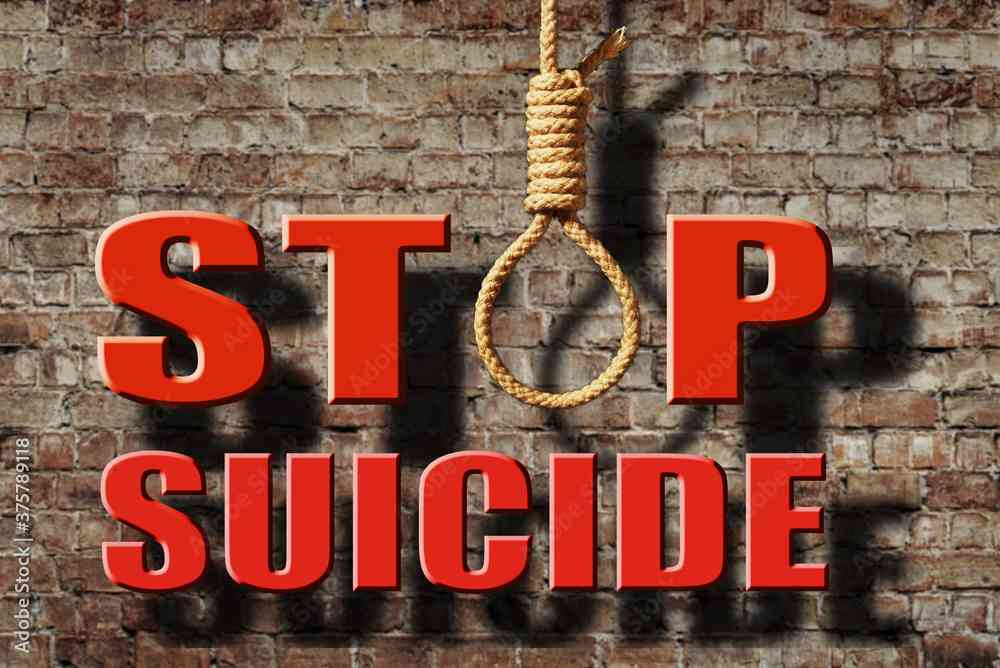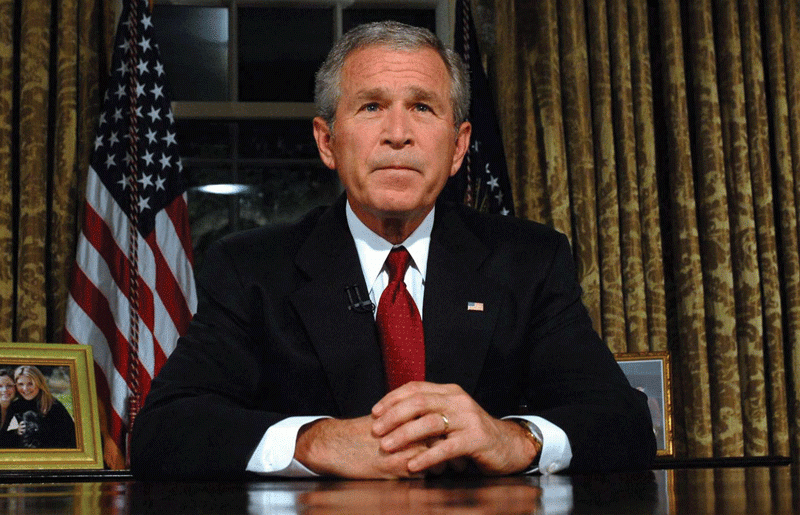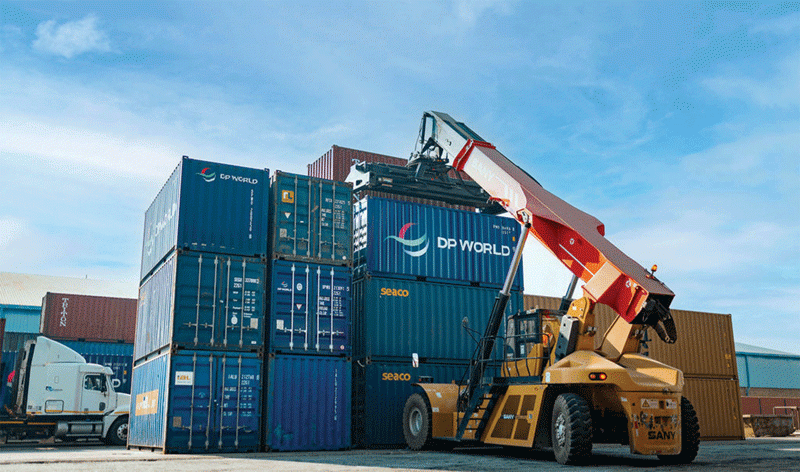
EACH year, September 10 marks International Suicide Prevention Day — a day of remembrance, awareness, and action. For Zimbabwe, where suicides are silently escalating among children, youth, women, security forces and other vulnerable groups, the day carries a painful urgency.
Beneath the statistics and tragedies lies a web of hidden foundations — traumatic experiences that often go unnoticed or unhealed, leaving individuals vulnerable to despair. Suicide is not a reflection of weakness. Those who take their lives are not cowards or failures. Rather, they are often ordinary people who have carried extraordinary burdens for far too long.
Like patients in an intensive care unit (ICU), their resilience wears thin in the absence of proper support. The final act of suicide is usually not the “cause” of their pain but the last straw — the extra weight placed on an overstretched rubber band already near its breaking point.
Family instabilities, trauma
The family is often the first place where resilience is either nurtured or fractured. In Zimbabwe, economic hardships, migration, divorce, loss of parents and prolonged separation due to work or schooling have destabilised many households.
Parents, themselves wrestling with unhealed wounds of poverty, colonial trauma or broken opportunities, often pass on this pain unconsciously.
In trauma-ignorant families, children grow up silenced, shamed or pressured to succeed without acknowledgement of their emotional worlds.
Physical presence without emotional attunement creates what psychologists call “relational deprivation”. The child may grow up believing they are unworthy of love unless they achieve or conform.
- Addressing unfair trade key to transforming African food systems
- Urgent economic structural transformation necessary
- MPs demand withdrawal of Health Bill
- Ziyambi defends Health Bill
Keep Reading
Later in life, this unresolved void can make stressors — whether academic failure, job loss, heartbreak, or social rejection — feel unbearable. Suicide often hides in families where appearances matter more than truth, where “we don’t talk about these things” is the unspoken law, and where vulnerability is confused with weakness.
Without open conversations and trauma-informed parenting, young people internalise struggles until silence suffocates them.
Schools and corporate systems
Our education system, inherited and barely reformed since colonial times, often measures worth through performance and compliance rather than holistic growth.
Children are rewarded for grades, obedience and productivity but rarely taught self-awareness, emotional regulation, or community care.
Those who struggle academically or socially often face humiliation, punishment, or neglect. Teachers, themselves products of the same system, may lack training to detect emotional distress.
As a result, schools become breeding grounds for shame, competition, and silent suffering.
This culture extends into the workplace. Corporates, in pursuit of profit and efficiency, often overlook the mental health of employees.
Burnout, workplace bullying, underemployment and financial insecurity create toxic environments where individuals feel dehumanised. With little or no workplace wellness infrastructure, employees often carry both personal and professional traumas alone. For some, resignation to death feels easier than fighting endless battles in systems that do not see their pain.
Eco-grief, eco-anxiety
Zimbabwe’s relationship with nature has always been spiritual and cultural. Land, forests, rivers, and wildlife are not just resources — they are part of our identity and Ubuntu-inspired heritage. Yet rapid deforestation, land degradation, pollution, and erratic climate patterns have severed this connection. Nature deficit disorder — where disconnection from the natural environment fuels psychological distress — is now a silent but growing crisis.
Communities displaced by mining projects, farmers losing livelihoods to droughts and urban youth alienated from green spaces all carry invisible wounds.
Eco-grief arises when people mourn the destruction of familiar landscapes, forests, and ancestral lands. Eco-anxiety, on the other hand, stems from uncertainty about survival in a climate-insecure future.
For many young Zimbabweans, the hopelessness of ecological collapse merges with personal struggles, pushing them closer to despair. When a farmer who has lost crops year after year takes their own life, it is not weakness — it is the weight of eco-trauma compounded by systemic neglect.
The rubber band of resilience
To understand suicide, we must move away from blame and toward compassion. Imagine resilience as a rubber band. With every trauma — childhood neglect, broken families, academic pressures, workplace toxicity, climate disasters — the rubber band stretches thinner and thinner. A person may carry these strains for years, appearing “strong” to outsiders. But just as a rubber band eventually snaps, the human spirit can reach breaking point. The final trigger — a failed exam, an unpaid debt, a break-up, or a disciplinary hearing — is rarely the true cause. It is simply the last stretch on an already overstressed life.
If we treated mental health such as physical health, we would never call a patient who dies in ICU “weak”. We would acknowledge that they fought long and hard without adequate support.
In the same way, those who die by suicide deserve recognition for their courage in enduring unbearable suffering — not condemnation for their final act.
The way forward
To reduce suicide in Zimbabwe, our interventions must go beyond policies and infrastructure. They must be rooted in inner values that give life meaning and dignity. VIHASA (Values in healthcare: A spiritual approach) offers principles that can transform our approach:
Compassion in families: Families must cultivate compassion as the heartbeat of their homes. This means moving from judgment to listening, from silence to safe conversations. Parents and guardians must learn to recognise emotional pain and respond with empathy rather than punishment. Healing begins when children feel seen and heard.
Cooperation in schools: Education must shift from competition to cooperation. Schools should become healing ecosystems where learners support each other rather than compare themselves.
Group learning, peer support clubs, and teacher training in trauma-informed care can nurture belonging. Cooperation builds resilience against isolation.
Peace in workplaces: Corporates and institutions must actively promote peace — not just the absence of conflict, but the presence of fairness, dignity, and wellness. Employee assistance programmes, flexible work arrangements and safe reporting channels are not luxuries but necessities. A peaceful workplace allows individuals to thrive without fear.
Respect for nature, healing eco-grief: Reconnecting with the environment is both ecological duty and therapy. Communities can practice eco-therapy through gardening, tree planting, and cultural rituals that restore harmony with nature. Respect for life extends beyond human beings — it includes rivers, forests and land that sustain our collective mental health.
Humility in leadership: Leaders — whether in government, churches, schools, or corporations — must embrace humility. Acknowledging that no system has all the answers opens the door to dialogue, shared wisdom, and collective healing. Humility in leadership allows the marginalised to be heard and included.
Service to community: True suicide prevention comes from building a culture of service. When individuals find meaning in serving others — whether through volunteering, mentoring, or community care — they also find renewed purpose in their own lives. Service dissolves isolation and strengthens the web of interdependence.
Respect for Life in Policy: National policies must be guided by the fundamental value of respect for life. This means mental health cannot be sidelined in budgets, schools, or workplaces. Respecting life means prioritising prevention, not reaction — investing in support systems before a crisis hits.
A call for compassionate action
Every life lost to suicide is a call to look deeper — not at the act itself, but at the society that failed to hold the weight of its people. On this International Suicide Prevention Day, Zimbabwe must embrace trauma-informed compassion as both shield and cure.
We must remember: suicide is not about weakness. It is about human beings who fought battles unseen, often without the oxygen of support, until the final breath felt like release. If we are to honour their memory, let us not ask: “Why did they do it?” but rather; “What weight did they carry, and how can we carry it together?”
- Chikodzi is the founder of the Chartered Institute of Organic Health Trust and author of several works, including Raising Lions, Not Lambs. His work blends trauma-informed approaches, Ubuntu philosophy, VIHASA values and sustainable development. He writes and speaks extensively on the intersections of inner healing, community resilience and ecological sustainability in Zimbabwe and beyond. These weekly New Perspectives articles, published in the Zimbabwe Independent, are coordinated by Lovemore Kadenge, an independent consultant, managing consultant of Zawale consultants (Pvt) Ltd, past president of the Zimbabwe Economics Society and past president of the Chartered Governance & Accountancy Institute in Zimbabwe (CGI Zim). — [email protected] or mobile: +263 772 382 852.











